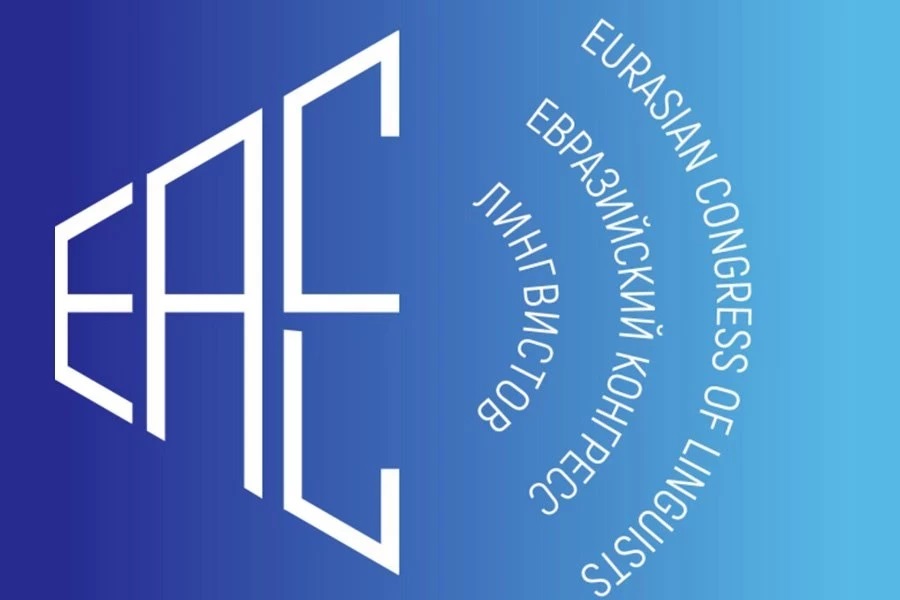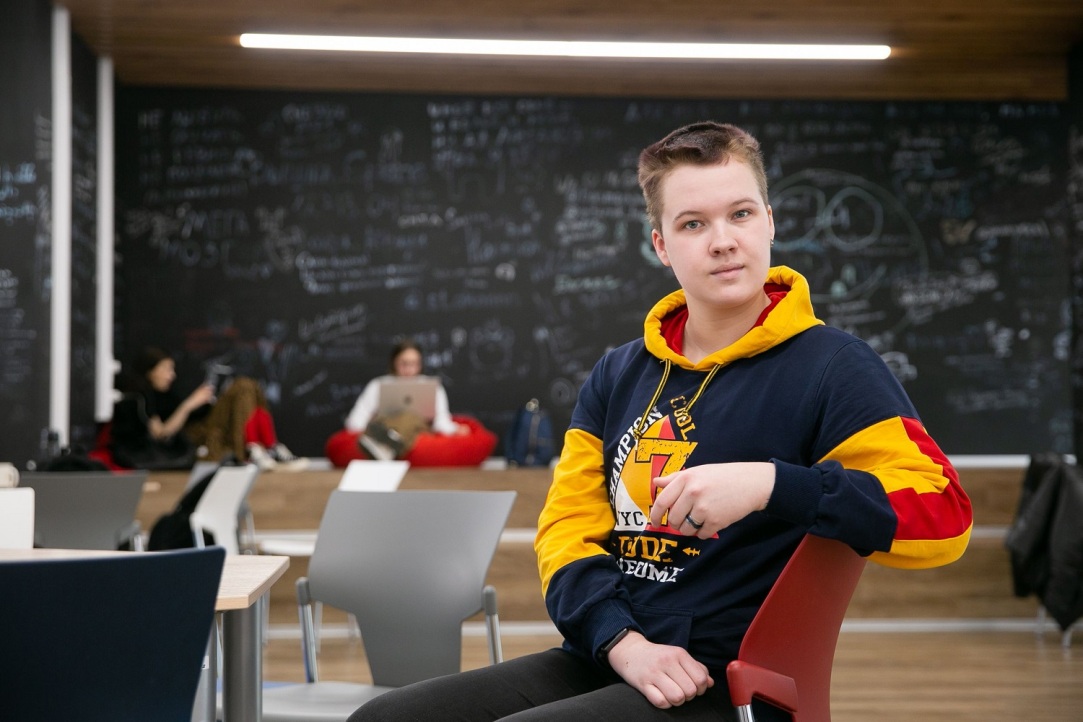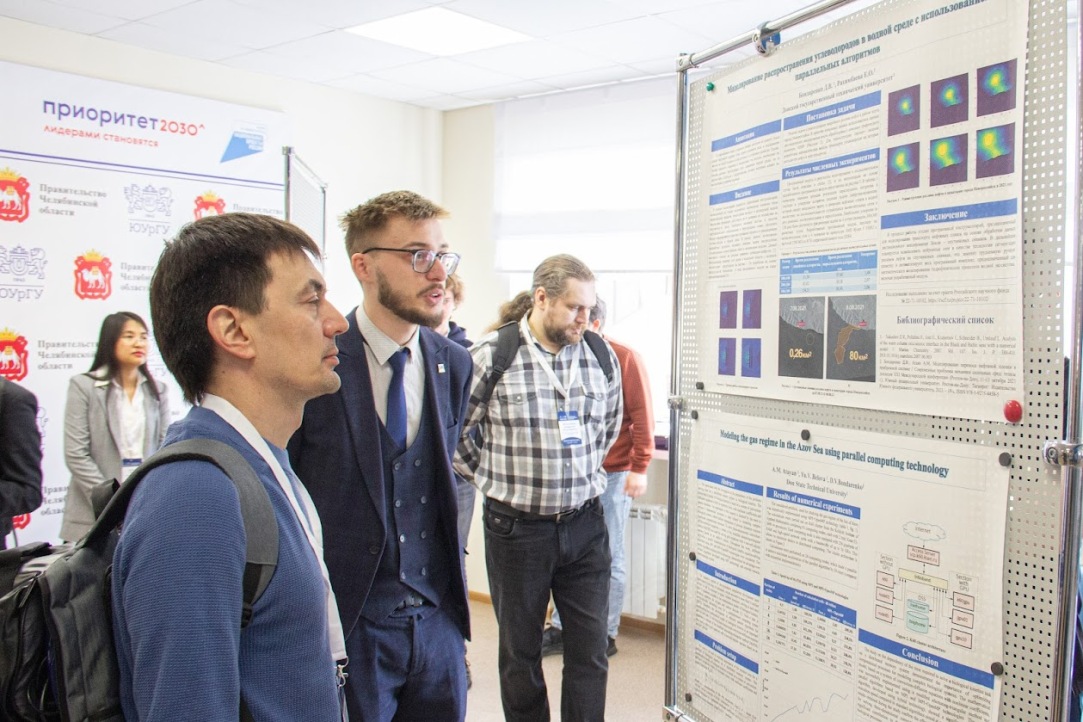
Scientists Disprove Bunkbed Conjecture
Mathematicians from Russia, including two HSE graduates, have disproven a well-known mathematical conjecture that, despite lacking solid proof, had been considered valid for 40 years. The ‘Bunkbed Conjecture’ belongs to percolation theory—a branch of mathematics that studies the formation of connected structures in independent environments.

‘Education and International Work Experience Are Key Factors for Innovation in Developing Economies’
On December 20, the Faculty of Economic Sciences hosted the Third Sino-Russian Workshop on Innovations and Innovativeness, organised in collaboration with the School of Economics at Shanghai University. Three representatives from each institution, including staff and PhD students, presented at the seminar. The participants discussed factors influencing company innovativeness, the role of leaders in R&D investments, and the impact of digital transformation.

Linguists from Around the World Discuss Current Academic Issues at First Eurasian Congress
HSE University partnered with the First Eurasian Congress of Linguists dedicated to the 300th anniversary of the Russian Academy of Sciences (RAS). The congress served as a platform for discussing relevant issues in linguistics related to all language groups of Eurasia and other regions worldwide. Approximately 200 researchers from 46 foreign countries and 300 Russian linguists from 50 regions of Russia participated in the event.

'Back in School, I Decided That I Would No Longer Suppress My Feelings'
Polina Makarova initially planned to pursue a career in programming but soon shifted her focus to theoretical linguistics. In this interview with the HSE Young Scientists project, she discusses her research on grammatical agreement in the names of professions, the importance of emotional intelligence, and the benefits of keeping an eublepharid, or leopard gecko, as a pet.

Men Behind the Wheel: Three Times More Violations and Accidents than Women
Men are three times more likely than women to commit traffic violations while driving and to be involved in accidents. Moreover, they are more likely to create situations on the road that are highly dangerous to others. Men are also twice as likely to drive under the influence and nearly one-third more likely to receive a prison sentence for reckless driving. Perhaps it comes down to cultural norms and the different attitudes men and women have toward driving. These are the conclusions reached by Anton Kazun, Assistant Professor at the HSE Faculty of Economic Sciences, and Research Assistant Mikhail Belov.

The Parallel Computational Technologies Conference—A Landmark Event in the IT World
Preparations are underway at HSE University for Parallel Computational Technologies (PCT) 2025, an IT conference covering all aspects of the use of cloud, supercomputer, and neural network technologies in science and engineering. Applications to present at the conference (including those from early-career scientists) are open until January 1, 2025.

HSE Scientists Discover How to Predict Charitable Behaviour Through Physiological Reactions
Researchers at the HSE Institute for Cognitive Neuroscience have investigated how the emotional impact of advertising affects the amount people willing to donate to support animal welfare. To accomplish this, the researchers measured physiological responses such as heart rate, electrodermal activity, and facial expressions in individuals viewing various photos of dogs. The findings indicate that willingness to donate is most accurately predicted by heart rate and facial muscle activation. The study has been published in Social Psychology.

Eye Tracking Can Help Identify Aggressive Tendencies in Adolescents
Scientists at Privolzhsky Research Medical University (PRMU) and the Centre for Language and Brain Studies at the HSE Campus in Nizhny Novgorod have developed methods to diagnose autoaggressive and heteroaggressive tendencies in adolescents using eye-tracking technology. This will allow psychiatrists and psychologists to address this condition in young people before they may harm themselves or others. Anna Khomenko, Senior Research Fellow of the Centre for Language and Brain Studies at the HSE Campus in Nizhny Novgorod, presented the results of the project at the NeuroThursday seminar.

'We Are Creating the Medicine of the Future'
Dr Gerwin Schalk is a professor at Fudan University in Shanghai and a partner of the HSE Centre for Language and Brain within the framework of the strategic project 'Human Brain Resilience.' Dr Schalk is known as the creator of BCI2000, a non-commercial general-purpose brain-computer interface system. In this interview, he discusses modern neural interfaces, methods for post-stroke rehabilitation, a novel approach to neurosurgery, and shares his vision for the future of neurotechnology.

Between Natural Risks and Tourism Development: How the Life of Local Communities in the Indian Himalayas Is Changing
In 2024, scientists from HSE University-St Petersburg went on two expeditions to the Indian Himalayas. The second trip finished at the beginning of October, and now, the researchers are summing up its results. Read on to find out what new things they learned about the state of Himachal Pradesh, why floods and earthquakes have increased dramatically, and how local citizens adapt to the growth of tourism in the region.


Submission Deadline: December 20, 2025